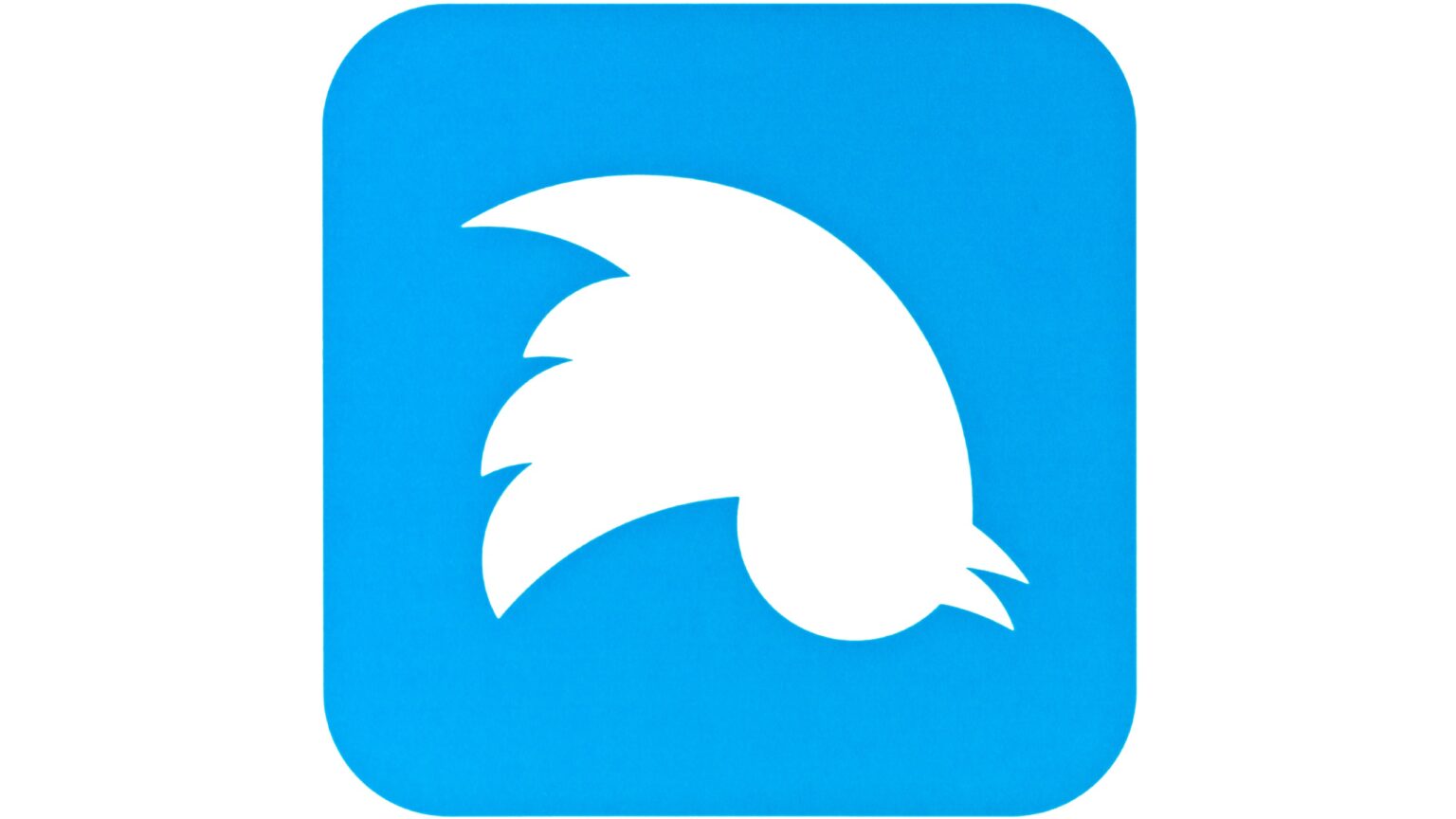Twitter Inc’s fourth quarter revenues plunged about 35% year-on-year to $1.03 billion after advertisers held back spending following Elon Musk’s takeover of the microblogging site.
The revenue represents 72% of the company’s own targets for the quarter under review, tech publication The Information reported on Wednesday, citing Twitter senior executive for global sales and marketing Chris Riedy.
He expects first quarter revenue to come in at $732 million, down 39% from a year ago. News of falling revenues comes as Twitter faces an imminent finance charge of $13 billion.
Also read: Twitter Competitor Parler in Limbo After Massive Layoffs at Parent Firm
Over 500 advertisers halt spending on Twitter
On Jan. 17, the same publication revealed that more than 500 advertisers on Twitter pulled the plug on ad spending since billionaire Musk’s $44 billion takeover of the company in October last year. Companies have generally started to cut spending due to a range of macroeconomic difficulties.
It said a senior Twitter manager told employees that the firm’s daily revenue was 40% lower than the same day a year ago, implying that implied first quarter revenue would be around $720 million. Q1 revenue has now been projected to be a little higher, at $732 million.
Since taking over Twitter, Musk’s alleged overbearing management style and restructuring of the business that saw the sacking of top executives of the company, has unnerved advertisers. Elon Musk’s first interest payment on the company is due at the end of January.
“The lesson? Advertisers will not stop using social networks out of moral concerns over false information, the spread of fascism and racism, and their negative effects on young people. They will leave only when it hurts their advertising effectiveness,” commented marketing specialist Samuel J Scott on Twitter
The lesson? Advertisers will not stop using social networks out of moral concerns over false information, the spread of fascism and racism, and their negative effects on young people.
They will leave only when it hurts their advertising effectiveness.
— Samuel Scott (@samueljscott) January 18, 2023
Musk says things aren’t so bad
However, Musk insists things are rosy at the company since he took over. It is not just boastful claims, he said.
“Companies in general are missing the incredible opportunity that Twitter provides to reach customers. Just Tweet interesting things! That’s all it takes,” said Musk in response to one tweet that claimed U.S. automakers did not make money from Twitter advertising in 2022.
Companies in general are missing the incredible opportunity that Twitter provides to reach customers.
Just Tweet interesting things! That’s all it takes. https://t.co/XTzhNNwgt6
— Elon Musk (@elonmusk) January 17, 2023
Data from Apptopia and Sensor Tower, independent research companies, shows that downloads and activity on Twitter have increased since Musk snapped up the business last year.
Downloads of the social network in the U.S. averaged around 125,000 a day during a recent 31-day period, a figure reflecting a 23% jump during the previous month and a 42% growth in the same period last year, according to Apptopia.
However, the growth was stunted outside the U.S with a 14% growth from the month ago period and 4% growth from a year earlier, Apptopia data showed.
"Twitter is now the #1 news app on the AppStore!" 🥇
One of the reasons why mainstream media was against the Twitter Deal. Let that sink in @elonmusk pic.twitter.com/e9Rgi9XQ8D
— DogeDesigner (@cb_doge) January 18, 2023
Twitter relies on advertising for the bulk of its income. As such, ads accounted for more than 90% of its $5.1 billion in revenue in 2021. Of late, its clients, Audi and Pfizer, have halted ad spending after the Tesla boss’ $44 billion takeover.
Concerns over increased hate speech on the platform have seen advertisers withdrawing in their numbers. They have also been alarmed by a spate of impersonator accounts that flourished on the site after a botched relaunch of its blue tick scheme for verified users.









 and then
and then